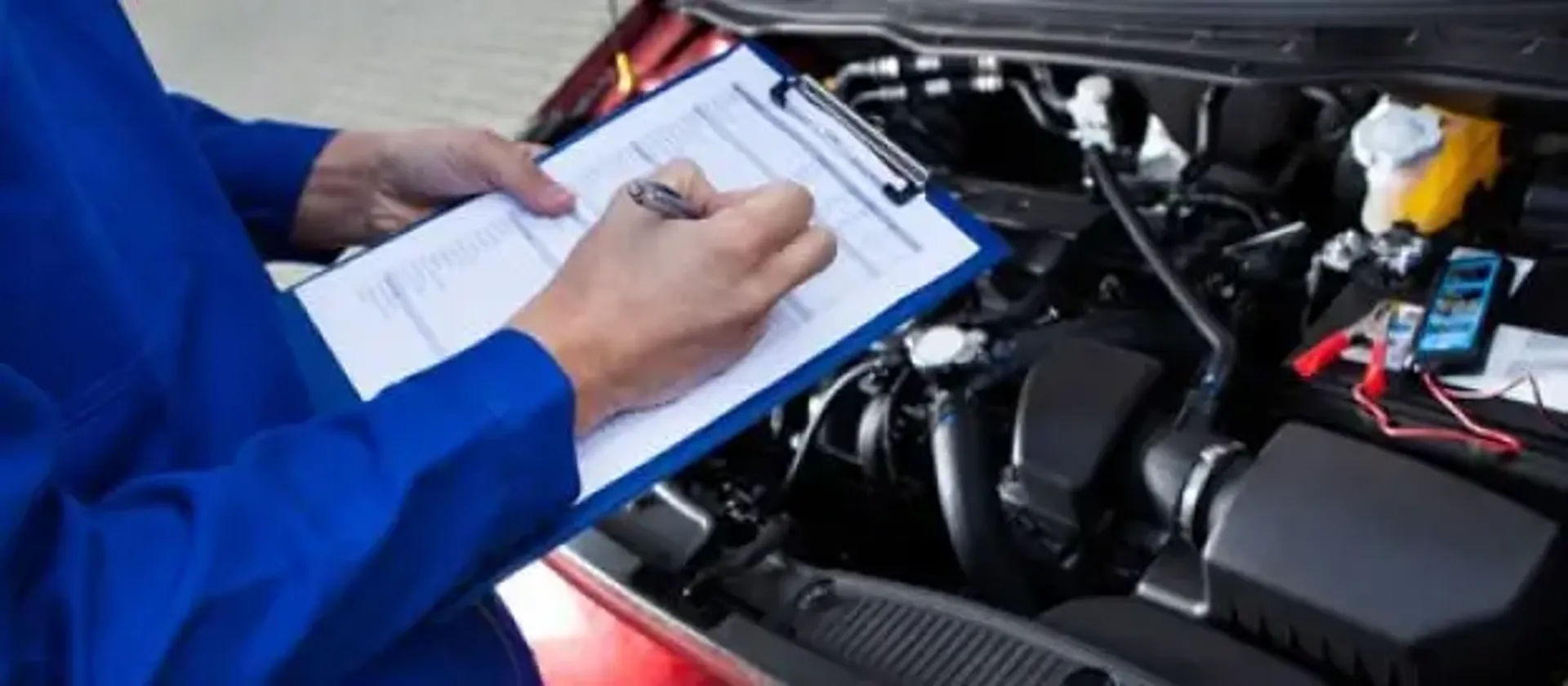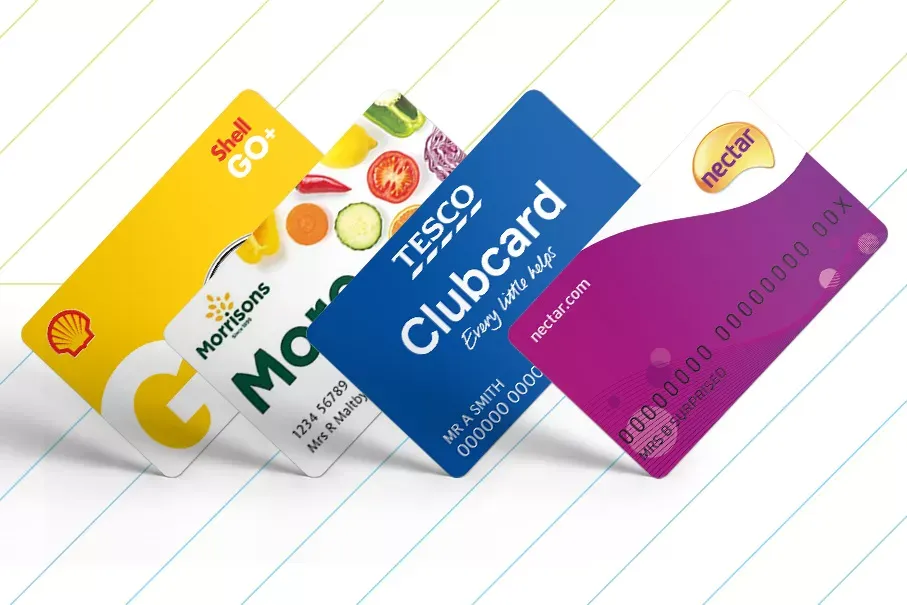31/08/2016

Recent MOT data shows that 38% of Britain’s vehicles fail their initial test. Almost half of the faults that caused the fails are easily preventable with routine vehicle maintenance.
The Driver and Vehicle Standards Agency (DVSA)
The Driver and Vehicle Standards Agency (DVSA), which releases the data on MOTs, has begun an initiative to encourage vehicle owners to prevent faults that could lead to failure. Common fails include faulty lightbulbs, poor tyre condition, wipers, washers, and mirrors. Lighting and signalling issues account for a massive 30% of first-time MOT fails, tyres claim 10%, and road view impediments rack up another 8.5%.
In other words: you could cut your fleet’s MOT fail rate in half, by carrying out planned maintenance on your vehicles throughout the year.
What to check
Planned preventive maintenance is intended to keep vehicles running in a safe and road-legal condition at all times of year. A full maintenance schedule should cover mechanical as well as vital elements of the MOT.
Basic maintenance checks for a fleet vehicle should account for the frequency and intensity of vehicle use, and can be split into two categories: routine checks and scheduled checks. Routine checks are performed before every journey: scheduled checks, according to your maintenance plan (scheduled checks include brake tests, seatbelt checks, and general mechanical checks).
Routine checks include inspection of fluid levels (brake fluid, coolant, washer fluid), tyre pressures, and bulbs. Checking tyre pressures regularly helps to prolong the life of your tyres: by properly inflating the tyres, you will ensure they wear evenly. It also helps to control the cost of fleet driving, improving vehicle performance, safety, and fuel consumption.
Fluid levels must be checked for safety reasons: again, though, these checks will help to prolong the life of the vehicle by protecting the engine from heat damage, and ensuring the brakes are not overstrained. A properly cooled and lubricated engine also works more efficiently, which has a positive effect on fuel costs.
Your lamp bulbs must undergo regular inspection to ensure you have a legal vehicle: it’s illegal to drive with a blown headlight, brake light, or indicator. Drivers stopped by the police for blown or failed lights can face fines and inspection notices.
Avoid unnecessary retests
It costs money to have your vehicle retested at MOT time—both in terms of the amount you pay for the retest, and in terms of the extra time for which your vehicle is out of commission. And the more fleet vehicles you are responsible for, the greater the costs you could be facing.
Work simple maintenance checks into your fleet operations. They will prevent unnecessary MOT fails, and keep your vehicles on the road.
What are you doing to prevent MOT failure? Let us know on Twitter or LinkedIn.


